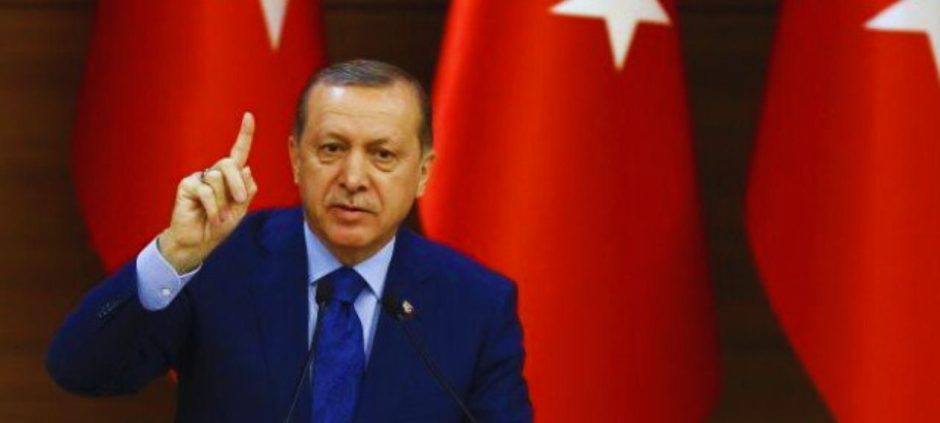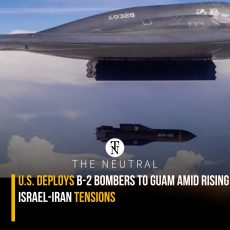Turkish President Recep Tayyip Erdogan issued a stark warning against attempts to impose a “new Sykes-Picot order” in the Middle East, urging Islamic nations to unite against Israeli aggression and regional instability.
Speaking at the 51st Session of the Organization of Islamic Cooperation (OIC) Council of Foreign Ministers in Istanbul, Erdogan condemned the ongoing violence in Gaza, comparing conditions there to “worse than Nazi concentration camps.” He emphasized the plight of two million Palestinians who have endured 21 months of siege and bombardment.
Read More : Careem Ends Ride Services in Pakistan
Erdogan also expressed solidarity with Iran amid its escalating conflict with Israel, stating, “We have no doubt that the Iranian people, with their resilience and strong state tradition, will overcome these challenges.”
Call for Islamic Unity Against Israeli Aggression
The Turkish leader called on OIC members to take a stronger stance against Israel’s military actions, not only in Gaza but also in Syria, Lebanon, and Iran. “We must show greater solidarity to stop Israel’s acts of banditry,” he declared.
He welcomed Syria’s return to the OIC, stressing the need for collective support to preserve its territorial integrity and achieve lasting stability.
OIC Meeting Focuses on Israel-Iran Escalation
The emergency OIC session comes amid heightened tensions following Israel’s recent airstrikes on Iran, including an attack on the Khondab nuclear site in Arak. Israel claims the strike targeted a facility capable of producing weapons-grade plutonium, while Iran has condemned the assault as a violation of international law.
The conflict has seen a dangerous escalation, with Iran reporting 430 deaths and 3,500 injuries since June 13, while Israel confirms 24 fatalities and over 800 wounded. Iran retaliated with drone and missile strikes on Ben Gurion Airport and Israeli military installations, claiming successful hits.
Diplomatic Fallout and Global Concerns
Iran has lodged a formal complaint against the International Atomic Energy Agency (IAEA), accusing its chief, Rafael Grossi, of bias for failing to condemn Israel’s attacks on nuclear sites. Meanwhile, U.S. intelligence remains divided over Iran’s nuclear capabilities, with some estimates suggesting it could take Tehran up to three years to develop a nuclear warhead.
Critics have drawn parallels to the flawed intelligence that justified the 2003 Iraq invasion, warning against another destabilizing war in the region. The UN Secretary-General, Antonio Guterres, has appealed for de-escalation, urging all parties to “give peace a chance.”
As fears of a wider conflict grow—echoing Russian President Vladimir Putin’s recent warning about the risk of World War III—the OIC’s role in mediating the crisis remains critical. The outcome of the Istanbul meeting could shape the next phase of the region’s response to the deepening turmoil.











